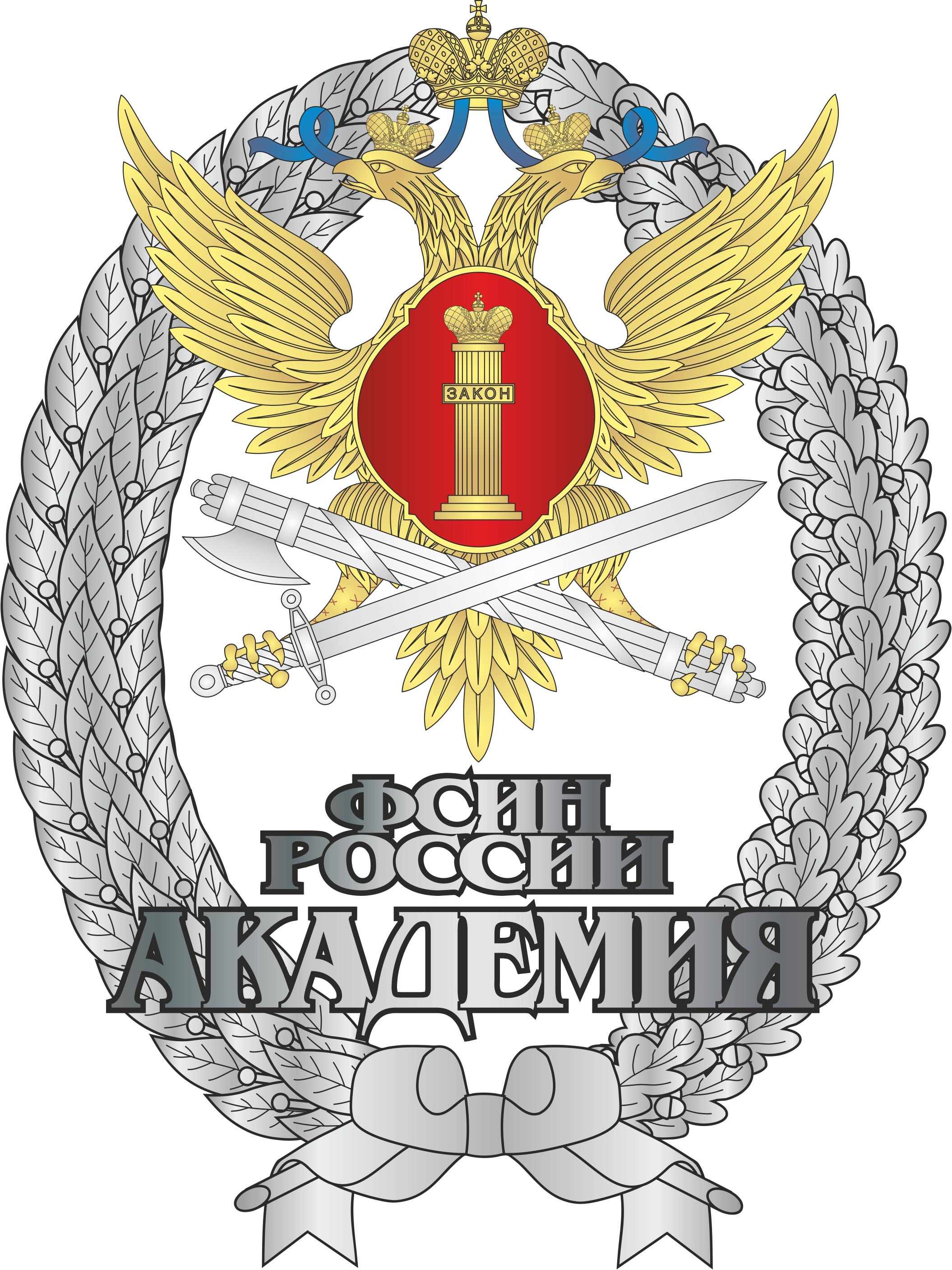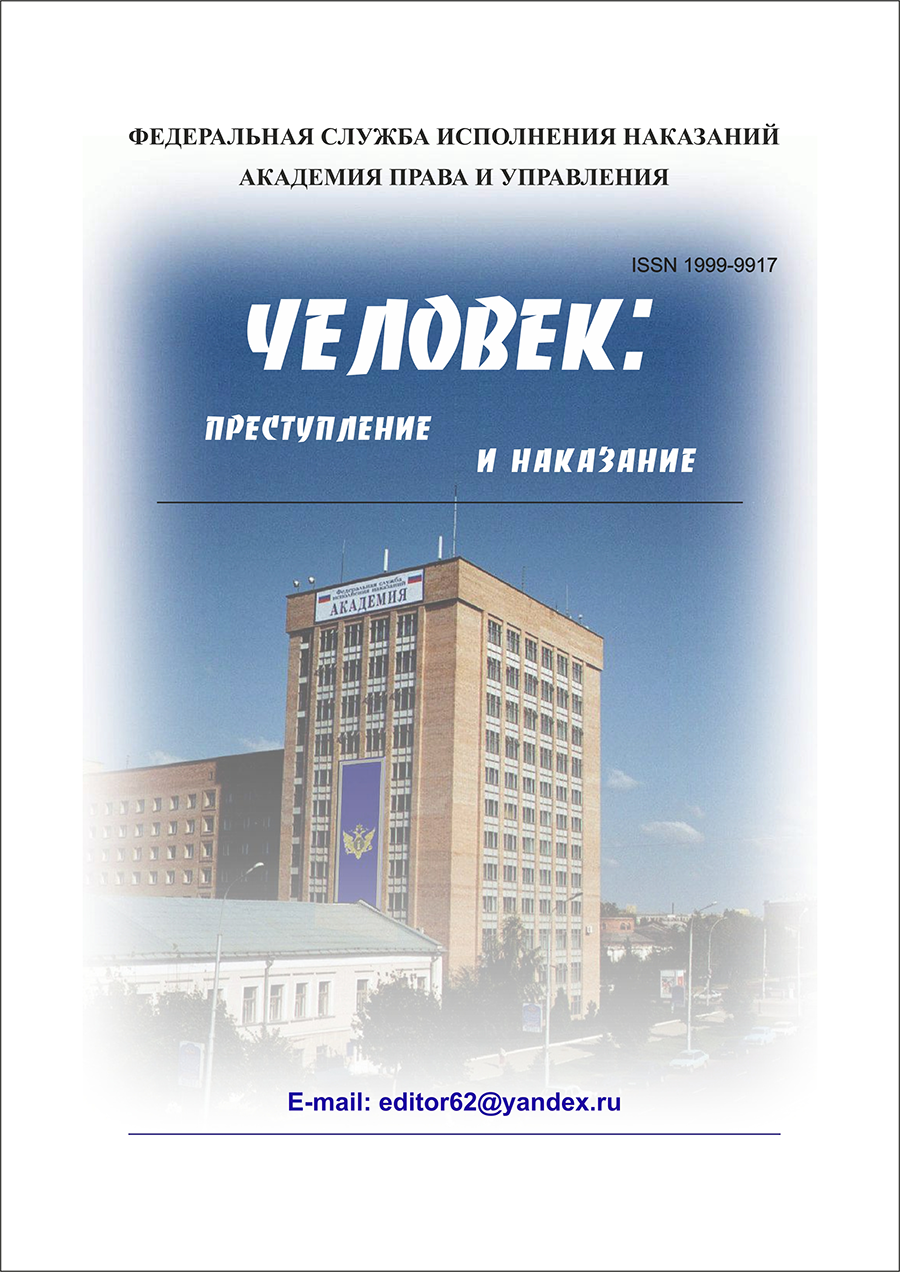Russian Federation
UDC 34
The article reveals the results of the study devoted to the analysis of the state of the agro-food market in the period after the embargo on food imports. The revealed stable tendency of food prices growth in the conditions of budgetary restrictions of of Federal penal service institutions is an important factor of planning of volumes and structure of production and economic activity of correctional institutions.The aim of the study is to detect the factors influencing the growth of prices for basic food products, the construction of economic and mathematical models of cause-and-effect relationships and the adoption of management decisions on this basis. Agricultural production of correctional colonies operating on a payback basis requires a comprehensive assessment of the economic condition in a complex competitive environment. The main argument in decision-mak- ing concerning the production of agricultural products should be its comparative advantages,i.e. lower cost in comparison with the market price.As an empirical base of the study the statistical material is presented including retail food prices, prices of imported food for the period 2012-2017 separated on quarter periods adopted as an effective factor. Endogenous factors in the model are exchange rate, oil price, world prices for similar food products, import volume, as well as per capita income. The research tool is correlation and regression analysis.The article gives recommendations for the territorial bodies of the Federal penal service to make decisions on the structure of production and economic activities of correctional colonies and the share of agricultural production in commercial products.
agro-food market, agriculture, import substitution, retail prices, correctional institutions
1. Belova T. N. Iskusstvo agrarnoy politiki: protekcionizm ili svobodnaya torgovlya // EKO. 2017. № 5. S. 61-75
2. Ekimova K. V., Savel'eva I. P., Calo I. M. Ocenka vliyaniya izmeneniy kon'yunktury mirovyh rynkov na regional'nye processy // Ekonomika regiona. 2016. № 3. S. 670-683. DOI:https://doi.org/10.17059/2016-3-5
3. Karh D. A., Gayanova V. M., Aymel F. Prioritetnye napravleniya povysheniya effektivnosti regional'nogo prodovol'stvennogo kompleksa // Ekonomika regiona. 2015. № 2. S. 260-271. DOI:https://doi.org/10.17059/2015-2-21
4. Makarova O., Gasparyan S. Vybor strategii razvitiya sovremennyh agrarnyh formirovaniy penitenciarnoy sistemy // Mezhdunarodnyy sel'skohozyaystvennyy zhurnal. 2017. № 4. S. 30-32
5. Sherer F., Ross D. Struktura otraslevyh rynkov. M., 1997. 698 s
6. Roy L. V. Analiz otraslevyh rynkov : uchebnik. M., 2009. 442 s
7. Krylatyh E., Belova T. Importozameschenie v kontekste garmonizacii agroprodo- vol'stvennoy sfery Rossii // Mezhdunarodnyy sel'skohozyaystvennyy zhurnal. 2016. № 1. S. 58-64
8. Belova T. N. Regional'naya politika razvitiya sel'skohozyaystvennogo proizvodstva v usloviyah krizisa // III Mezhdunarodnyy penitenciarnyy forum «Prestuplenie, nakazanie, ispravlenie» (k 20-letiyu vstupleniya v silu Ugolovno-ispolnitel'nogo kodeksa Rossiyskoy Federacii) : sb. tez. vystup. i dokl. uchastnikov Mezhdunar. nauch.- prakt. konf. Ryazan', 2017. S. 193-198
9. Barsukova S. Yu. Dilemma «fermery-agroholdingi» v kontekste importozamescheniya // Obschestvennye nauki i sovremennost'. 2016. № 5. S. 63-74









